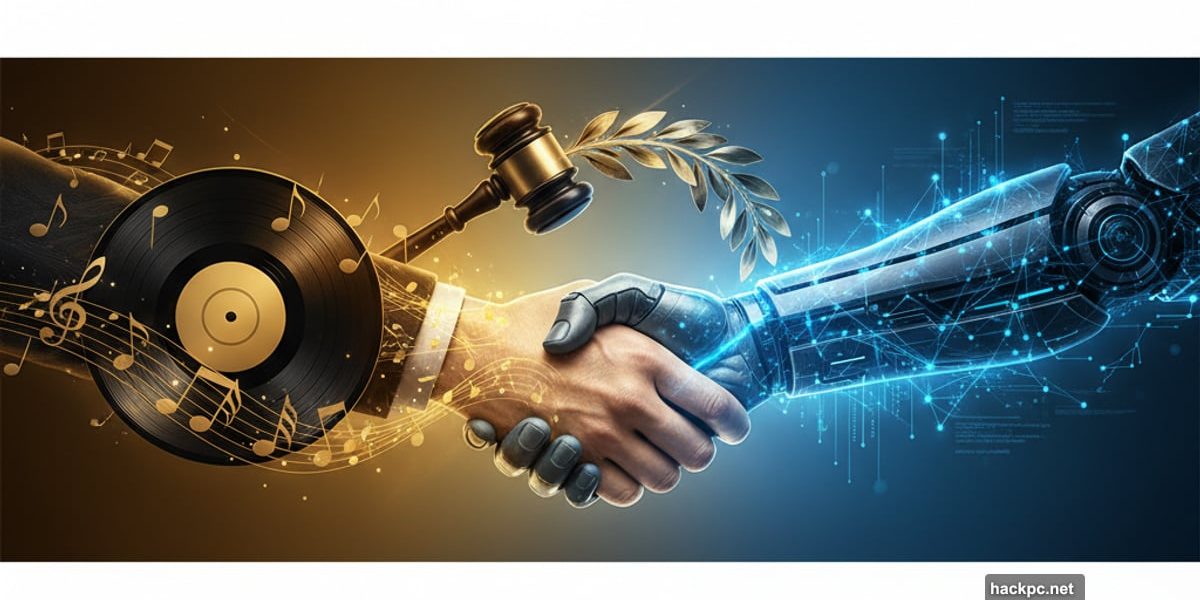
Universal Music Group spent months fighting AI music platform Udio in court over copyright infringement. Now they’re launching a product together.
The reversal isn’t just corporate politics. It signals how the entire music industry plans to handle AI-generated music. Instead of endless lawsuits, major labels want a seat at the table.
From Lawsuit to Partnership in Record Time
Universal sued Udio less than a year ago for “mass infringement.” The label accused the AI platform of training on copyrighted songs without permission. Standard AI controversy stuff.
But that lawsuit just vanished. In its place? A commercial partnership launching next year.
The new platform will let users create AI-generated music legally. Artists get royalties. Labels get licensing fees. Udio gets legitimacy. Everyone wins, at least on paper.
“These new agreements demonstrate our commitment to do what’s right by our artists and songwriters,” said UMG CEO Sir Lucian Grainge. The statement carefully avoids mentioning those “mass infringement” accusations from months earlier.
Why This Feels Like Spotify All Over Again
Remember when record labels hated digital music? Napster was the enemy. File sharing would destroy the industry. Artists would starve.
Then Spotify happened. Labels realized they could make money from streaming instead of fighting it. Now streaming dominates how people listen to music.
This Universal-Udio deal follows the same playbook. The technology exists. People want it. So rather than play copyright whack-a-mole forever, the industry is building a business model around it.
Udio CEO Andrew Sanchez calls it “uniting AI and the music industry in a way that truly champions artists.” That’s optimistic phrasing for what’s essentially a licensing deal. But it does change the game.
What You’ll Actually Be Able to Do
The details remain vague, but the promise is clear. You’ll prompt an AI to create custom songs, then stream or share them legally.
Want a K-pop track with mariachi horns? AI can generate something close. Bon Iver-style lullaby sung by ghostly children? Weird, but possible.
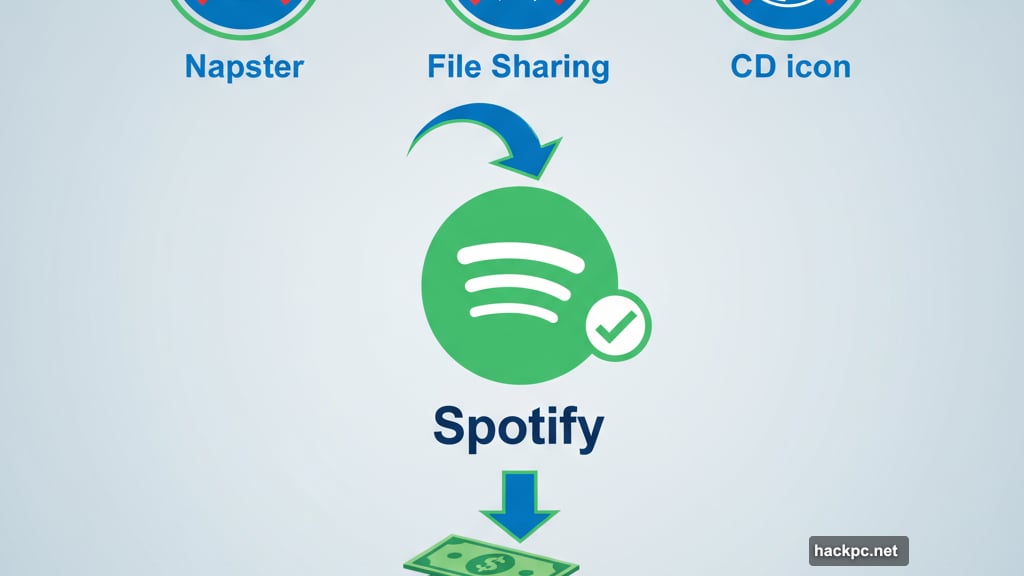
Udio already makes music like this. The difference now is legitimacy. No gray area about whether you can share these creations publicly or use them commercially.
Artists might use the platform themselves. That’s where things get interesting. Instead of replacing musicians, AI becomes another tool in their kit. Like synthesizers or drum machines before it.
The platform launches sometime next year. Pricing and exact features remain unclear. But Universal’s involvement suggests it won’t be a hobbyist tool. They’re aiming for mainstream adoption.
The Bigger Picture Nobody’s Saying Out Loud
Universal didn’t just cut a deal with Udio. Recent partnerships include YouTube, TikTok, Meta, and others. The label is building an entire AI music ecosystem.
Why the sudden enthusiasm? Control. By partnering with AI platforms, Universal dictates terms. They decide how their catalog gets used, what royalties look like, and who benefits.
Without these deals, AI music would happen anyway. Companies would train models on copyrighted material and sort out legal issues later. That’s already happening with some platforms.
Universal’s strategy is smarter. Get in early, set the rules, and profit from the technology rather than fight it.
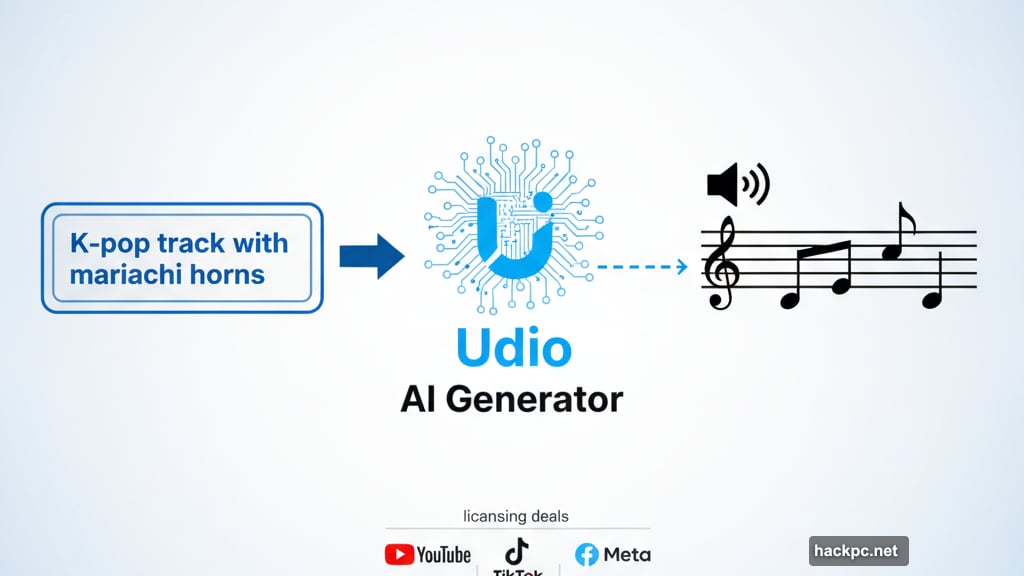
Meanwhile, OpenAI reportedly works on its own music AI tool. If that launches before Udio’s licensed platform, all these agreements might need renegotiating. The company that reshaped video creation with Sora could do the same for audio.
What This Means for You Right Now
For listeners, not much changes immediately. Udio’s existing free tool still works, though the company hints at limitations coming. The real shift happens when the licensed platform launches.
For musicians, the implications are murkier. Will AI music flood streaming platforms, making it harder for human artists to get discovered? Or will new tools help musicians experiment and create?
Probably both. Technology rarely provides neat answers.
The important part is that major labels stopped pretending AI music doesn’t exist. They’re building business models around it instead. That’s the real story here.
The partnership between Universal and Udio isn’t about innovation. It’s about money and control. But it might also determine how AI-generated music integrates into our daily listening habits.
Whether that’s exciting or terrifying depends on your perspective. Either way, the music industry just made its choice. They’re all in on AI now.
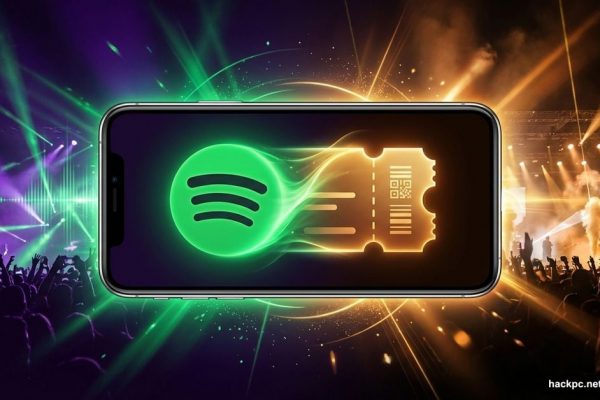
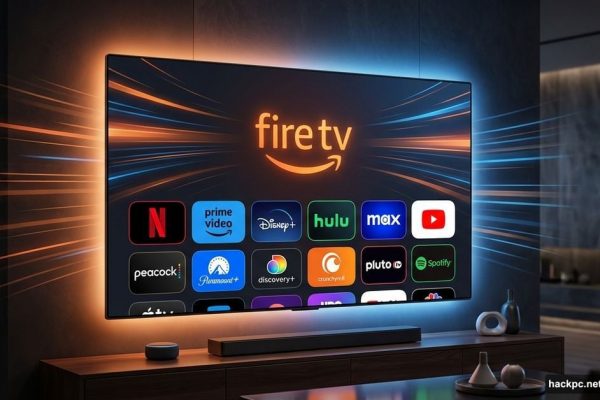
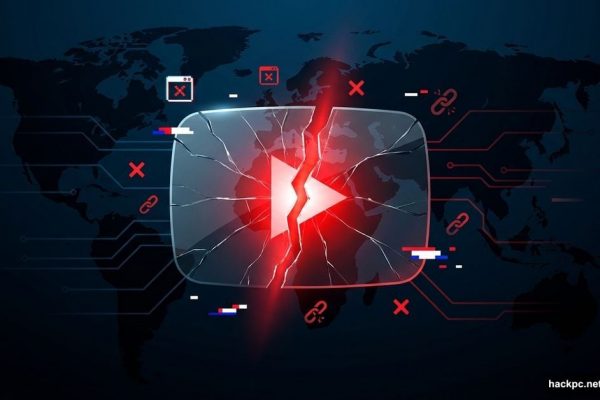
Comments (0)